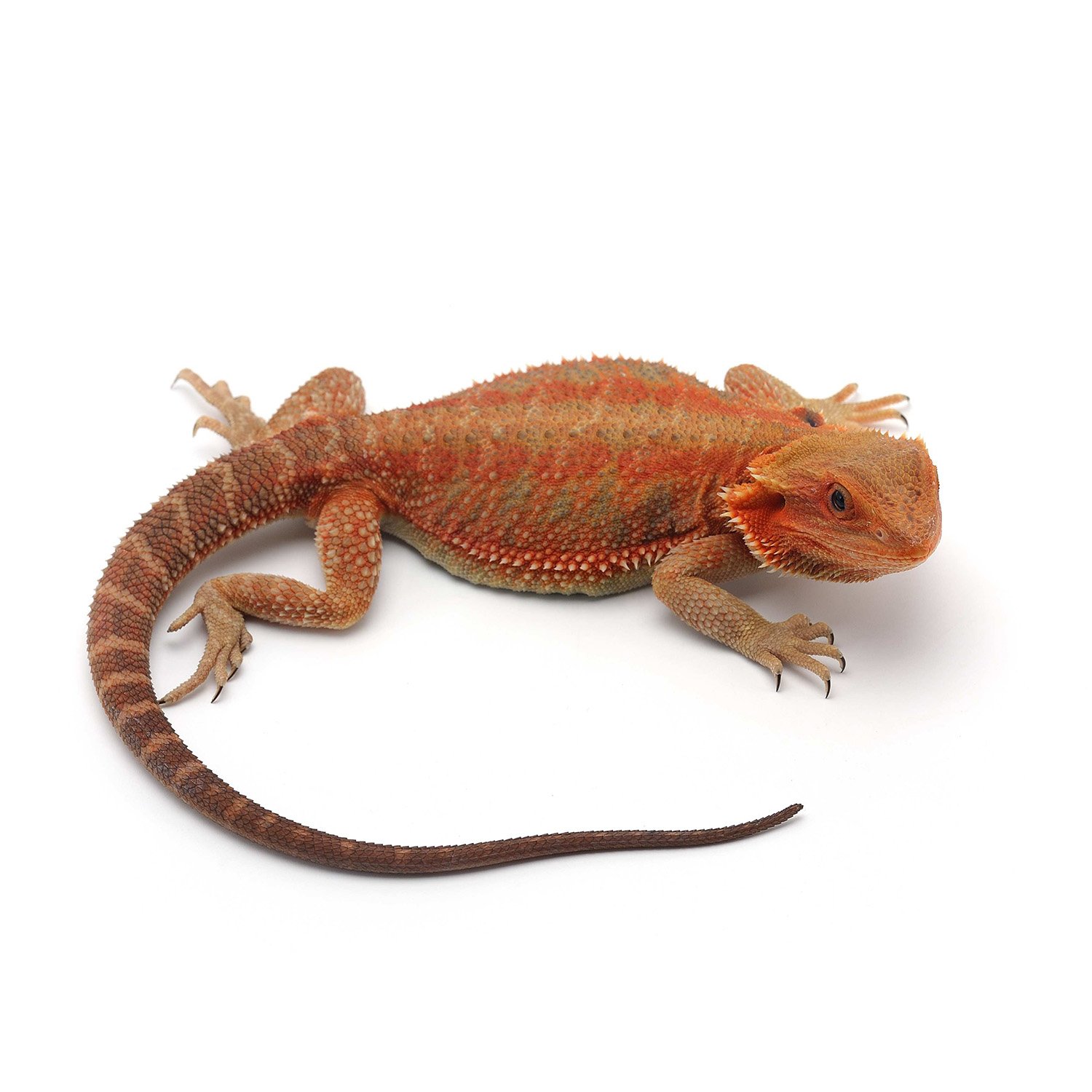How to Choose the Right Reptiles for Sale
Reptiles have captured the fascination of humans for centuries. Their unique physical characteristics, behaviors, and low-maintenance requirements make them popular choices for pet enthusiasts. If you’re considering bringing a reptile into your home, it’s essential to make an informed decision. Choosing the right reptile requires careful consideration of various factors to ensure both the well-being of the animal and a fulfilling experience for the owner. In this article, we’ll guide you through the process of selecting the perfect reptiles for sale.
1. Research Extensively
Before making any decisions, immerse yourself in thorough research about different reptile species. Each reptile has its own specific needs, including habitat, diet, temperature, humidity, and social requirements. Some reptiles are more suitable for beginners, while others are better suited for experienced keepers. Use reputable sources such as books, online forums, and care sheets from reputable breeders or organizations to gather accurate information.
2. Consider Your Experience Level
Your experience level with reptiles plays a crucial role in determining the type of reptile you should choose. If you’re a beginner, it’s advisable to start with a species that is known for being hardy and forgiving in terms of care requirements. Species like corn snakes, leopard geckos, and bearded dragons are often recommended for newcomers to the reptile hobby.
For those with more experience, you might consider more challenging species that require specialized care. Examples include chameleons, certain types of pythons, and various monitor lizards. However, keep in mind that these advanced species often demand a deeper understanding of reptile husbandry.
3. Assess Space Constraints
Different reptile species have varying space requirements. Some reptiles, like smaller geckos, can thrive in compact enclosures, while others, such as large iguanas, need spacious habitats to mimic their natural environment. Consider the available space in your home and select a reptile that suits it appropriately. Additionally, make sure you have the resources to provide an enclosure with proper heating, lighting, and humidity control.
4. Budget for Initial and Ongoing Costs
The cost of purchasing a reptile is just the beginning. Reptile ownership comes with ongoing expenses, including habitat setup, feeding, veterinary care, and enrichment items. Different species have different dietary needs, with some requiring live insects, while others consume a mix of insects, vegetables, and fruits. Research the costs associated with the specific reptile you’re interested in to ensure that you can provide proper care without financial strain.
5. Consider Lifespan
Reptiles vary widely in their lifespans. Some species, like certain tortoises, can live for several decades, while others, like certain snakes, have shorter lifespans. Consider whether you’re ready for the commitment of caring for a pet that could potentially be with you for many years. Long-lived reptiles may require a long-term care plan, including arrangements for their care if you’re unable to continue caring for them in the future.
6. Interact and Observe
Whenever possible, interact with the reptile you’re considering before making a purchase. Visit reputable breeders, pet stores, or reptile expos where you can see the animals up close. Observe their behavior, temperament, and overall health. Healthy reptiles should be alert, active, and have clear eyes, skin, and breathing.
7. Check Legal and Ethical Considerations
Before purchasing a reptile, be aware of any legal or ethical considerations associated with the species. Some reptiles are protected by law due to their endangered status or potential invasive qualities. Research the laws and regulations in your area to ensure you’re compliant and making an ethical choice.
8. Seek Reputable Sources
When purchasing a reptile, it’s essential to choose a reputable source. Avoid buying from sources that prioritize profit over animal welfare. Reputable breeders, rescue organizations, and pet stores that specialize in reptiles are more likely to provide healthy, well-cared-for animals.
9. Prepare for Long-Term Commitment
Reptile ownership is a long-term commitment that requires dedication and responsible care. Make sure you’re ready to provide for the reptile’s needs throughout its lifespan, adapting to any changes that may arise. Regularly review and update your knowledge as new information becomes available to ensure the well-being of your pet.
Conclusion
Choosing the right reptiles for sale involves a combination of research, self-assessment, and commitment. By considering factors such as your experience level, available space, budget, and the reptile’s specific needs, you can make an informed decision that leads to a fulfilling and responsible reptile ownership experience. Remember that every reptile species is unique, so take the time to understand and cater to the specific requirements of the reptile you choose. With proper care and attention, your chosen reptile can become a fascinating and cherished companion for years to come.
